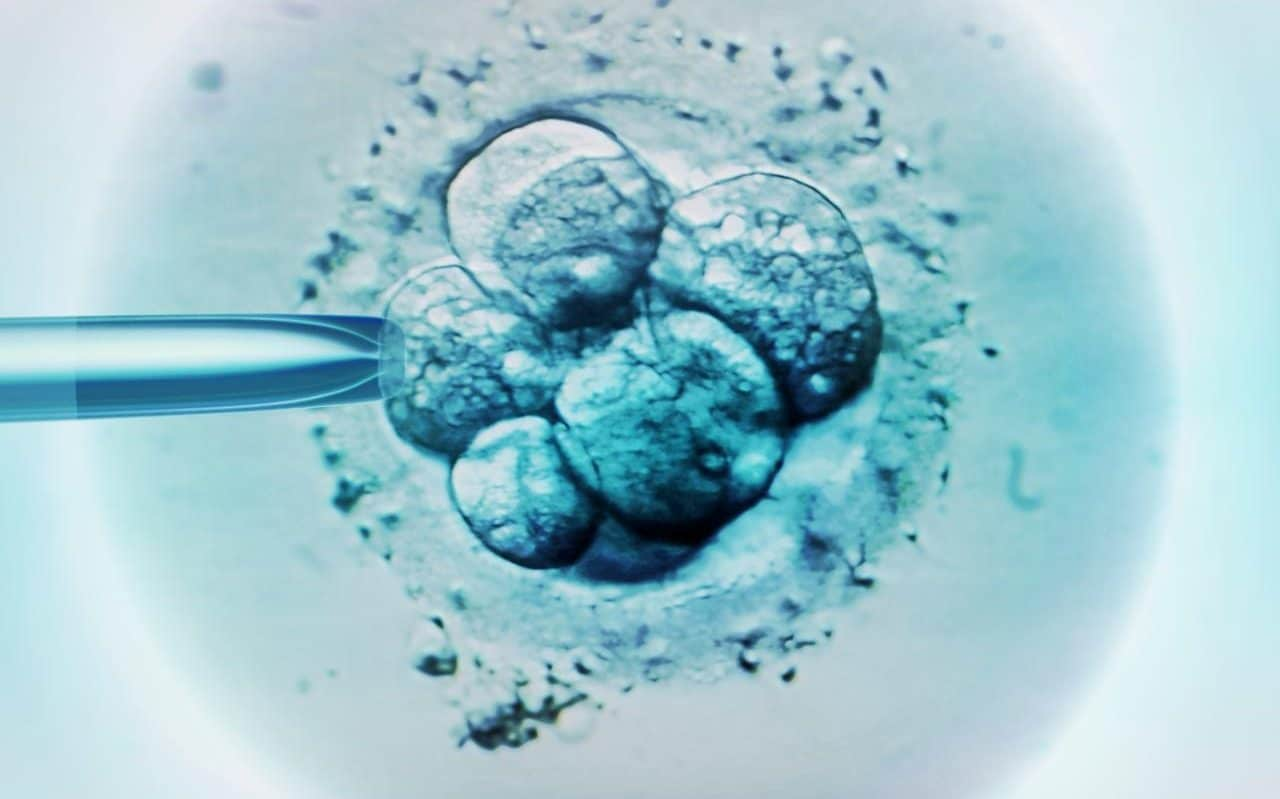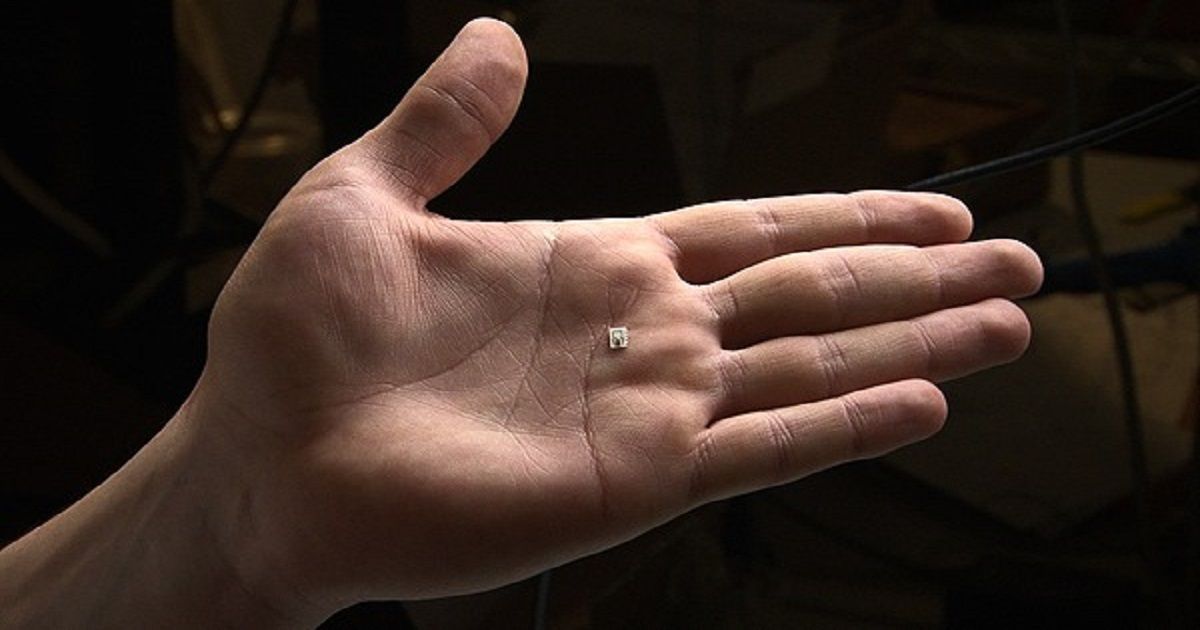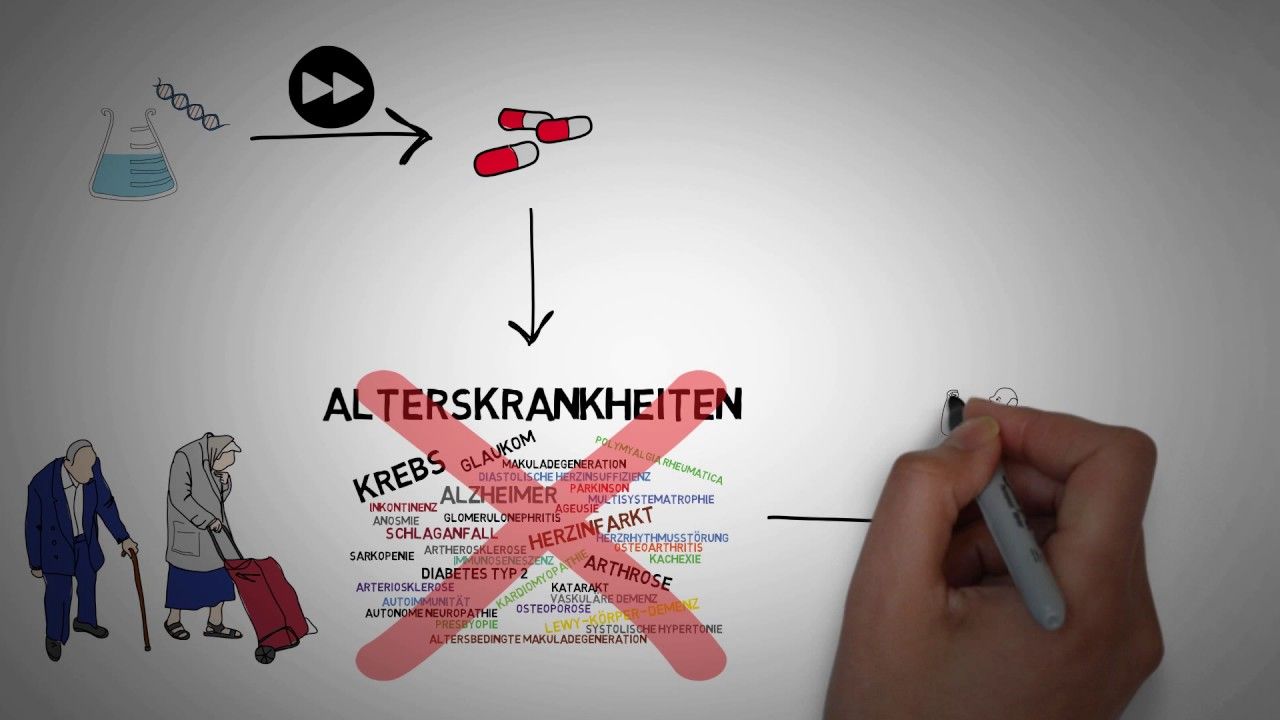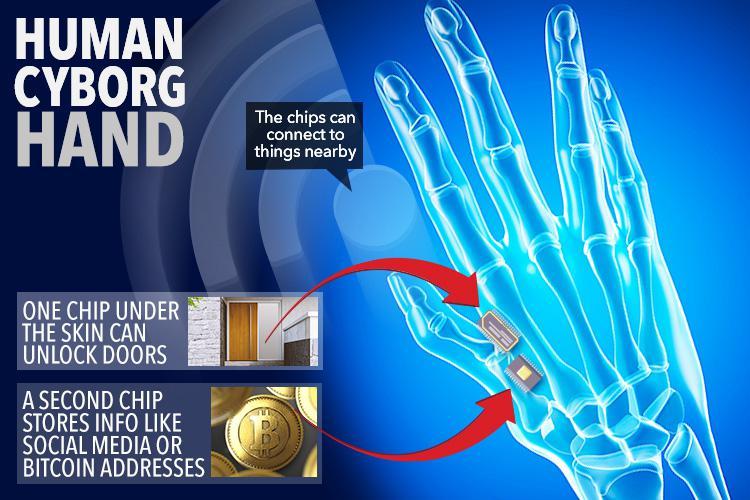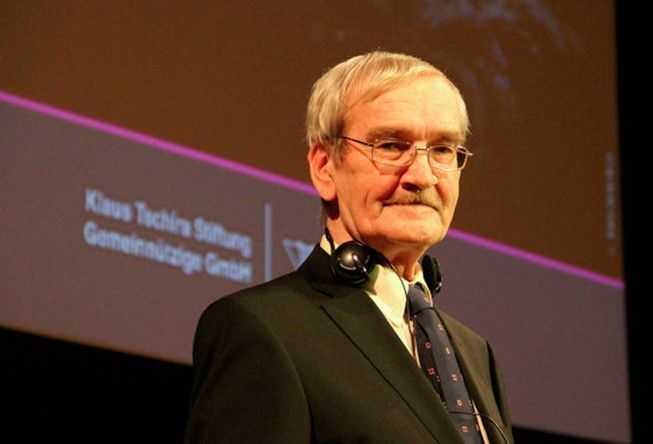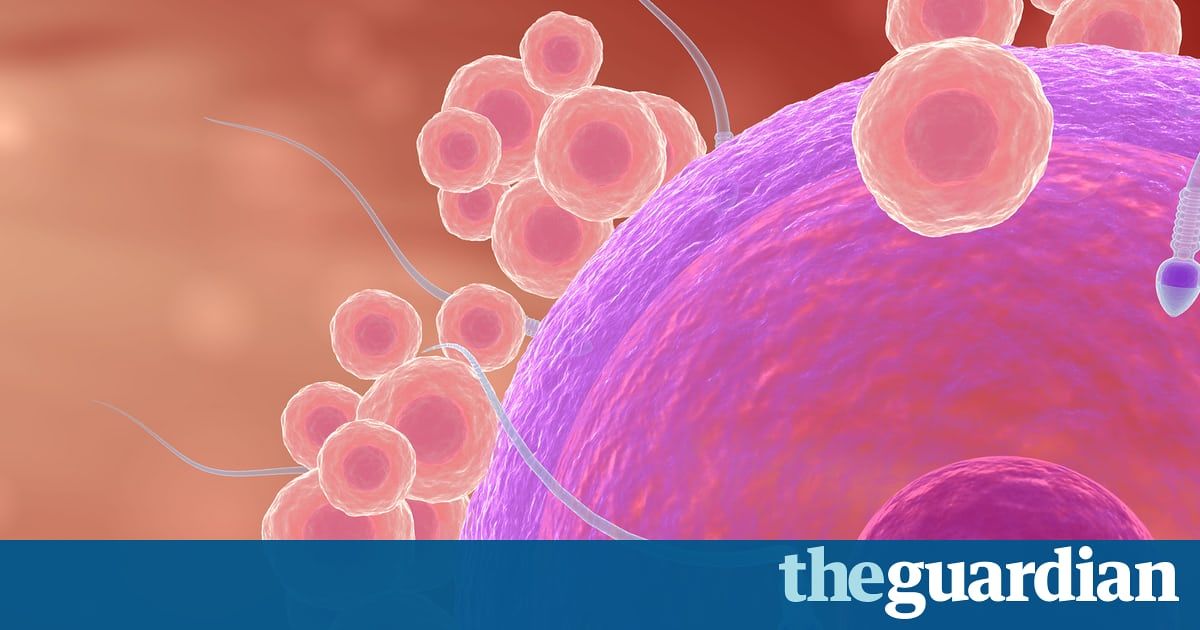S cientists have edited human embryos for the first time in the UK to discover a “master gene” that underpins successful pregnancies. The “game-changing” research promises improved IVF outcomes and a breakthrough in understanding why so many pregnancies fail.
The Government-funded investigation, undertaken by the Francis Crick Institute, is the first to prove that gene editing can be used to study the genetic behaviour of human embryos in their first few days of life.
Summary: Nanodocs? #Swallow #the #doctor? The authors of a recent research study, says soon we will be able to “swallow the surgeon.” Using medical #nanobots to diagnose and treat disease from inside the body. Study authors documented recent advances in nanotechnology tools, such as nanodrillers, microgrippers, and microbullets – and show how #nanodocs have tremendous potential in the areas of precision surgery, detection, detoxification and targeted drug delivery.
Summary: Nanodocs? Swallow the doctor? The authors of a recent research study, say the concept of “swallow the surgeon” – or using medical nanobots to diagnose and treat disease from inside the body – may be closer than we think. Study authors document recent advances in nanotechnology tools, such as nanodrillers, microgrippers, and microbullets – and show how nanodocs have tremendous potential in the areas of precision surgery, detection, detoxification and targeted drug delivery. Cover photo: The old way to swallow the surgeon. Credit: R. Collin Johnson / Attributed to Stanford University.
Imagine that you need to repair a defective heart valve, a major surgery. Instead of ripping your chest cut open, a doctor merely injects you with a syringe full of medical nanorobots, called nanodocs for short. You emerge from the ‘surgery’ unscathed, and your only external wound is the puncture hole from the injection.
According to a recent study published by nanorobotic engineers at the University of California San Diego (UCSD), the concept of ‘swallow the doctor’ may be closer to reality than we think.
One of the most intriguing questions in biology is how can some animals regenerate their major body parts like hearts and limbs and others cannot?
A new study led by Dr. James Godwin from the MDI Biological Laboratory suggests that the innate immune system could be the answer.
German Party for Health Research is calling for more funding for studies on aging and age-related diseases! Nice initiative! Good luck!
It seems the only reason why the situation with state funding for medical research has not improved over time in a given country is the lack of well-organized public initiatives to support the necessary changes.
People are rarely offered a clear program of action that could promote the development of therapies that might bring aging under medical control and address age-related diseases.
Transhumanism discussion of using implants in children is in The Sun today, one of UK’s largest sites/papers.
A DOCTOR known as a “human cyborg” has revealed parents are bombarding him with requests to implant chips into their children.
Dr Patrick Kramer, who work under the job title of “chief cyborg officer”, receives harrowing messages from parents desperate for him to implant tracking chips under their children’s skin.
A Soviet officer who prevented a nuclear crisis between the US and the USSR and possible World War III in the 1980s has quietly passed away. He was 77. In 2010 RT spoke to Stanislav Petrov, who never considered himself a hero. We look at the life of the man who saved the world.
A decision that Soviet lieutenant colonel Stanislav Petrov once took went down in history as one that stopped the Cold War from turning into nuclear Armageddon, largely thanks to Karl Schumacher, a political activist from Germany who helped the news of his heroism first reach a western audience nearly two decades ago.
On September 7, Schumacher, who kept in touch with Petrov in the intervening years, phoned him to wish him a happy birthday, but instead learned from Petrov’s son, Dmitry, that the retired officer had died on May 19 in his home in a small town near Moscow.
Researchers studied 14,000 Icelanders and found that men passed on one new mutation for every eight months of age, compared with women who passed on a new mutation for every three years of age.
The figures mean that a child born to 30-year-old parents would, on average, inherit 11 new mutations from the mother, but 45 from the father.

